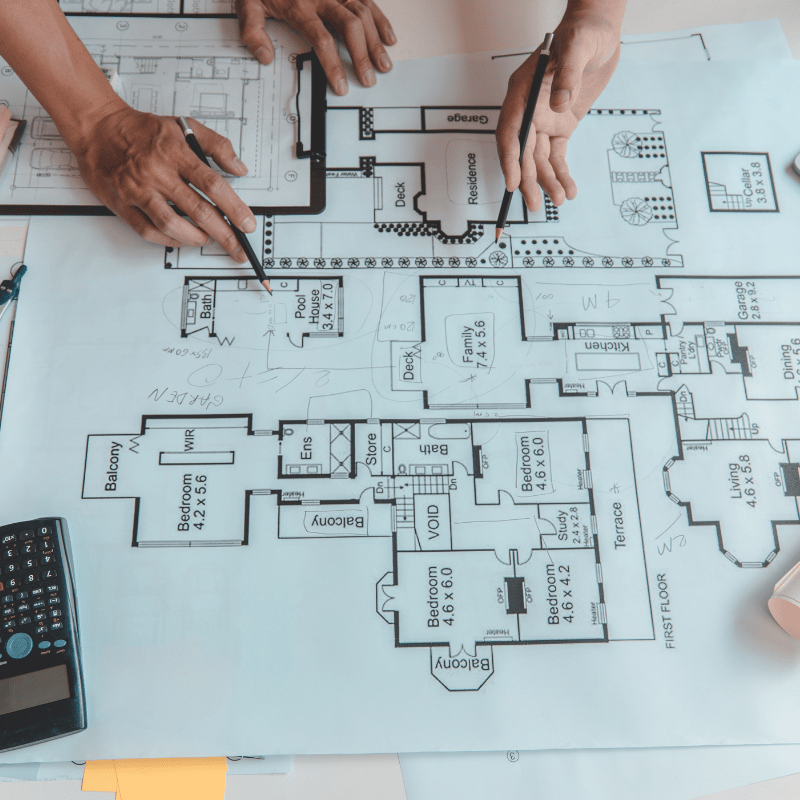The Importance of Property Reinstatement Cost Assessments in London’s Changing Insurance Market
Refurbishing a building in London can be full of surprises. Narrow access routes, live tenants, heritage rules and shifting timelines all come into play. These are not the kinds of projects where you can hand over drawings and hope for the best. They need direction. That’s where project managers come in.
At Fresson and Tee, we’ve seen first-hand how having the right local expertise makes projects run smoother. It’s not just about managing schedules. It’s about making sure every decision made on site is connected to the bigger picture.
What a Construction Project Manager Actually Does
A good project manager keeps everything on track, but in practice, their role covers far more than timelines.
Their responsibilities often include
-
Coordinating consultants, contractors and suppliers
-
Liaising with local authorities and building control
-
Setting up site logistics and phasing
-
Managing risks and resolving problems early
-
Keeping the client informed and protected
They act as the link between design, delivery and operations. Without that link, things fall through the gaps.
Why Local Knowledge Matters in London Projects
Not all project managers are equal. Those with local experience are better equipped to deal with the quirks that come with working in London.
Benefits of working with a local project manager
-
They understand borough-specific planning nuances
-
They know which contractors work well on tight sites
-
They can build more realistic programmes based on local conditions
-
They understand when and how to phase works to avoid disruption
You don’t need to explain what a red route is or how scaffold licences work. They already know.

Navigating Live Sites, Occupied Buildings and Tight Schedules
Some of the most common challenges we see include:
-
Working in schools or healthcare settings that cannot close during works
-
Delivering phased upgrades while a business continues to operate
-
Managing noise, dust and security risks in residential blocks
-
Planning works around exam timetables, public access or tenant move-ins
A local project manager knows what to expect and how to phase works in a way that keeps everyone safe and operations undisturbed.
Ordered List: What Project Managers Do at Each Stage
-
Pre-construction
-
Review scope, budget and risks
-
Finalise programme and procurement strategy
-
Coordinate planning submissions and consultant input
-
-
During construction
-
Manage contractor performance
-
Run progress meetings and cost tracking
-
Handle variations, delays and site logistics
-
-
Post-completion
-
Oversee defects period
-
Review handover and O&M manuals
-
Conduct final project evaluation and reporting
-
If you would like to discuss more about architectural design in London, please call our office on 020 7391 7100 or email us at surveyor@fandt.com.
